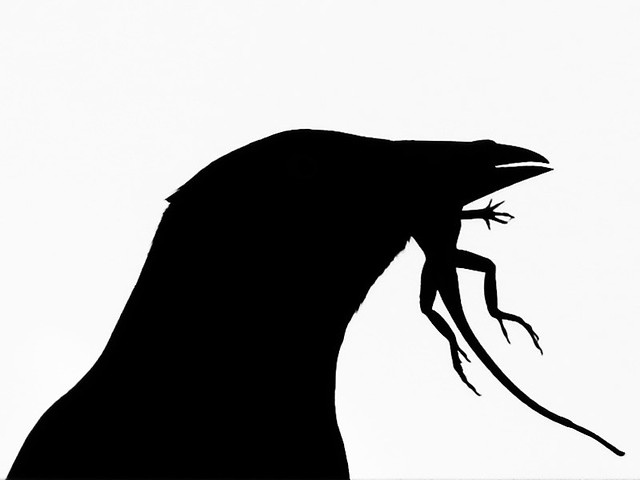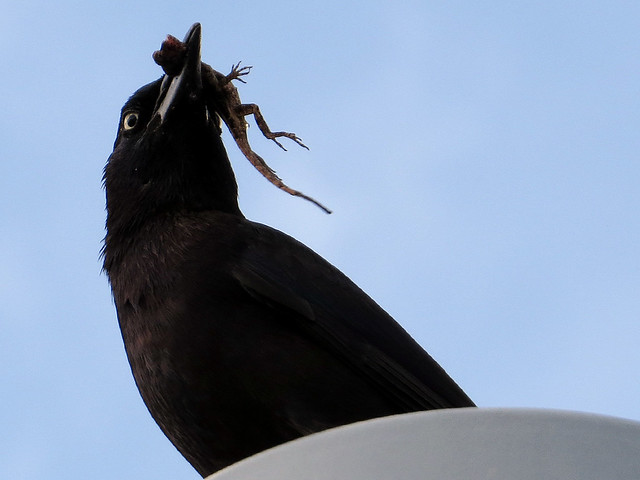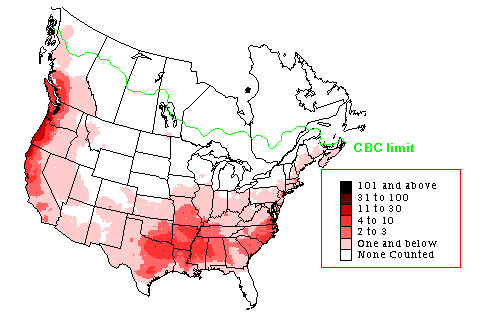Are Grackles Birds of Prey?

Earlier this month, a question about Common Grackles was posed on the Illinois listserv: Are Grackles birds of prey? The reason for the question: the person who asked had witnessed a grackle preying upon nestling sparrows.
What is a bird of prey?
There are various definitions that apply to the term bird of prey. Birds of prey are hunters that capture food items (prey) using their specially adapted strong feet and sharp talons. Birds of prey mainly hunt vertebrates, including mammals and other birds. A bird of prey belongs to the taxonomical order Falconiformes*. Birds of prey are carnivores at the top of the food chain.
Grackles are not birds of prey
Common Grackles are omnivorous; they eat berries, seeds, and other plant material as well as eggs (raided from nests), frogs, insects, and fish (which they hunt). They are opportunists; they may hunt and kill prey including small birds and rodents in some circumstances. They forage and hunt mainly by using their beaks. Common Grackles belong to the large songbird order Passeriformes. According to The Birds of North America Online, year-round, Common Grackles eat a diet of 70 to 75% vegetable (seeds, fruits, etc).

So though a grackle may capture and kill a prey item, it is not a bird of prey. While visiting the Kennedy Space Center Visitor Complex with my family last month, I noticed a Common Grackle carrying a small anole (lizard) in its beak. It was hopping around the LC-39A walkway structure and vocalizing. I wondered if it was trying to get to hungry nestlings somewhere on the structure, but I had to leave before I could find out the bird’s eventual destination.

*There are conflicting schools of thought on how some birds of prey should be classified. Depending on what taxonomy is followed, birds of prey may fall into one or two or more different orders.































